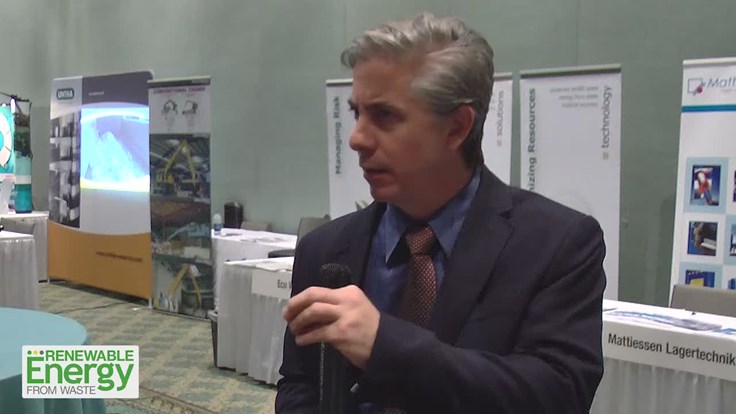Sens. Sherrod Brown, D-Ohio, and Pat Robert, R-Kansas, have introduced new bipartisan legislation, the Agriculture Environmental Stewardship Act (S3248). This latest bill is a companion to identical House legislation (HR 5489) introduced on June 15 by Congressmen Ron Kind, D-Wisconsin, and Tom Reed, R-New York.
The American Biogas Council (ABC), applauds the bill which it says will increase the sustainability of farms by helping to deploy new nutrient recovery and biogas systems to recycle organic material into baseload renewable energy and healthy soil products.
The legislation provides a 30 percent investment tax credit (ITC) for qualifying biogas and nutrient recovery systems and is the Senate companion bill to HR.5489 introduced last month. The House bill now has 24 Republican and Democratic sponsors and the support of several industry groups.
"With the introduction of these two bills, we believe that there is strong recognition of the need for clean waterways and more productive soils which contribute to healthier communities and a stronger economy. Biogas and nutrient recovery systems make these goals obtainable and this legislation will help incentivize those technologies," says Patrick Serfass, executive director of the ABC. "We are thankful to Sens. Brown and Roberts for their leadership and for recognizing the far reaching benefits of sustainable farming where organic material and nutrients are recycled to create beneficial soil products, baseload renewable energy and jobs."
S.3248 reflects the critical need to support economically and environmentally sustainable agricultural practices that protect waterways and enrich soils, says ABC. Currently no tax incentive exists for nutrient recovery systems which farms increasingly need to properly manage the nutrients found in raw manure. Currently, only biogas projects that generate electricity are eligible for a production tax credit under Section 45 of the federal tax code, omitting other energy uses like production of pipeline quality natural gas and compressed renewable natural gas vehicle fuel.
According to ABC, the United States has more than 2,100 sites producing biogas, and still, the potential for growth of the U.S. biogas industry is huge. A recent industry assessment conducted with the U.S. Department of Agriculture, U.S. Environmental Protection Agency and Department of Energy as part of the Federal Biogas Opportunities Roadmap estimates nearly 11,000 sites are ripe for development. If fully realized, these new biogas systems could produce enough energy to power 3.5 million American homes and reduce emissions equivalent to removing up to 11 million passenger vehicles from the road. It would also result in an estimated $33 billion in construction spending, creating approximately 275,000 short-term construction jobs and 18,000 permanent jobs to operate the biogas systems and manage ongoing business activities.
Senate introduces companion bill to Agriculture Environmental Stewardship Act
Bipartisan bill S3248 supports nutrient recovery and biogas systems.
July 21, 2016
REW Staff
REW Staff



